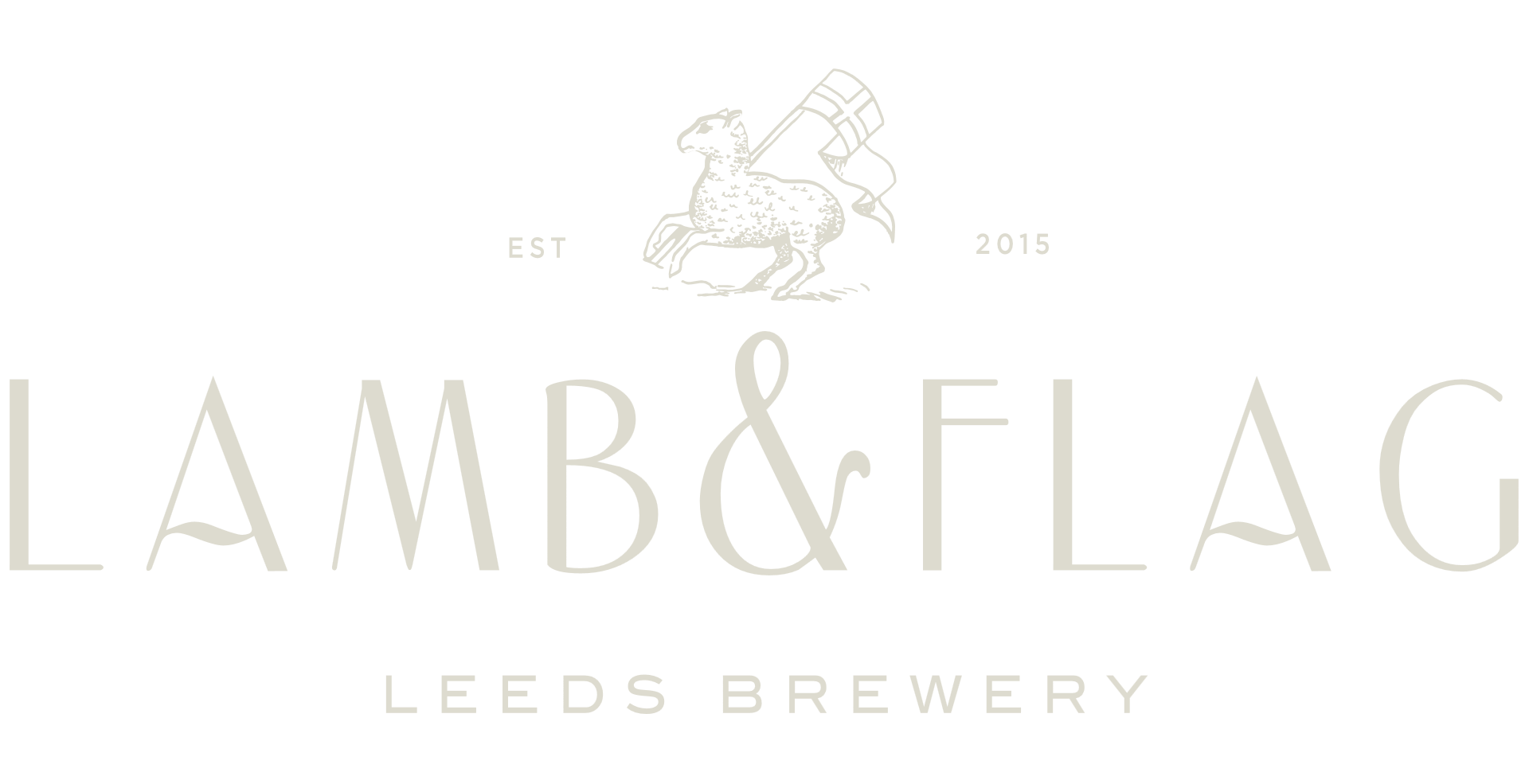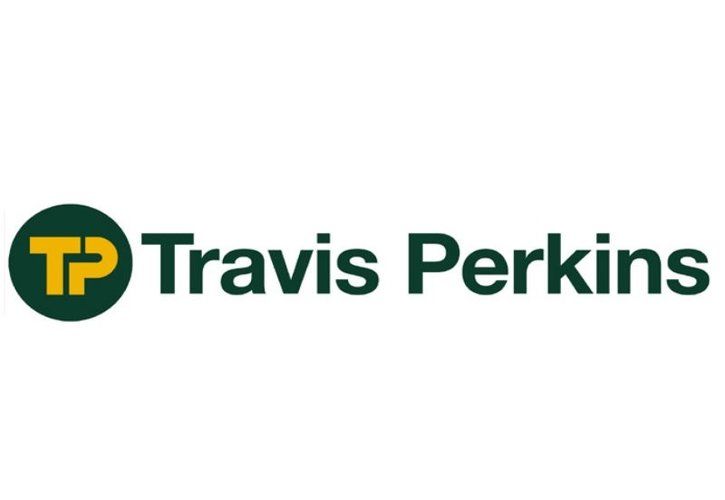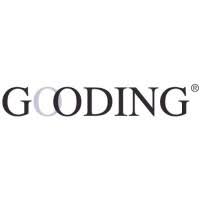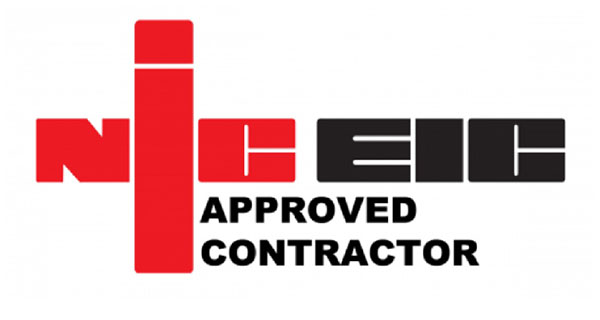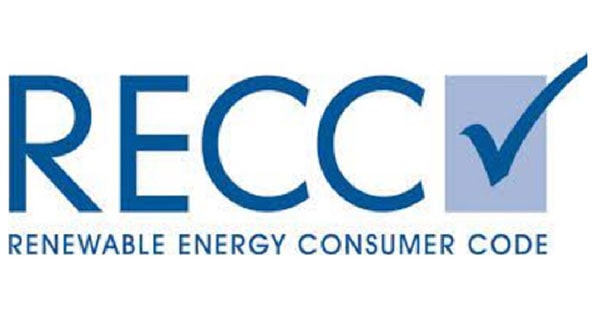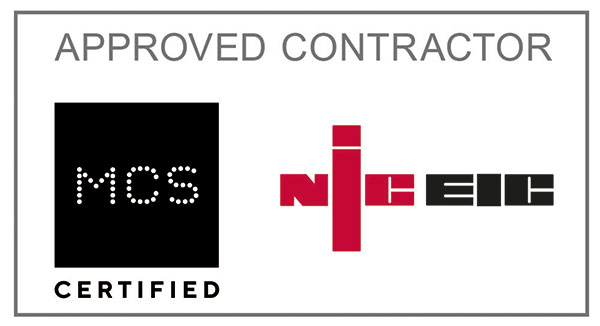
01226 380 004 | info@ecogisegroup.co.uk
Unit 51 Cannon Way, Claycliffe Business Park, Claycliffe Road, Barugh Green, Barnsley, S75 1JU

01226 380 004 | info@ecogisegroup.co.uk
Unit 51 Cannon Way, Claycliffe Business Park, Claycliffe Road, Barugh Green, Barnsley, S75 1JU

Highly-efficient LED light bulbs are “years ahead” of price and performance expectations, but their energy-saving effects are being dulled by an EU proposal to prolong the shelf life of energy guzzling halogen lamps from 2016 to 2018, an inter-governmental report says.
The result could be €8.6bn (£6.8bn) of lost efficiency savings, according to Clasp, a leading efficiency standards and labelling group, which co-authored the test report by the Swedish energy agency, Belgian government and the European council for an energy efficient economy (ECEEE).
“The development of LED lightbulbs has been surprisingly fast and powerful,” said Nils Borg, a report author and ECEEE director. “This report is evidence-based, with recent samples, and it really puts a new light on the proposal to delay the phase-out of incandescents which I hope will now be revisited.”
Around half of the LED lamps surveyed for cost and performance in 2014 out-stripped the commission’s 2016 predictions, and one was cheaper than the projected price for 2020.
But more efficient bulb sales continue to lag behind the same commission predictions, as customers keep choosing halogen bulbs in the high street that are around £1.50 cheaper than their LED equivalents. The halogen lamp lifespans though can be significantly shorter, with knock-on effects for greenhouse gas emissions and energy prices.
Lighting is responsible for around 19% of global electricity use, and the best-performing LED lights in the new survey consumed 10 times less energy than average-performing halogen lamps.
LED quality is now considered so high that the Sistine Chapel last month installed 7,000 LED diodes to illuminate Michelangelo’s Last Judgment series of frescoes, to dazzling effect. But halogen lamps still outsell both LEDs and compact fluorescent lamps, which also use less energy.
Advertisement
The test report notes that while the commission had expected compact fluorescent lamp sales to be four times higher than mains voltage halogen lamps in 2013, their actual sales were four times less. As a result, the EU market was “not on track to deliver the 39 terrawatt hours of [energy] savings” expected by 2020, the report said.
The proposed postponement to the halogen lamp phase-out is due to be voted on in Brussels by representatives of all 28 EU states early next year and any delay to the original Ecodesign proposal could risk institutionalising further delays, according to Borg.
“We’re seeing halogen becoming the default lamp and if that happens, we will have same headache in two years time as it may become so ingrained in purchasing patterns,” he said. “I think it would also set a bad precedent as the EU set strict guidelines in 2009 to give everyone time to prepare for this decision.”
However, the commission’s study predicted that keeping to the original deadline would result in the direct loss of over 10,000 jobs – most in Germany – and a loss.
Posted on Nov 27, 2014.
Back to News








